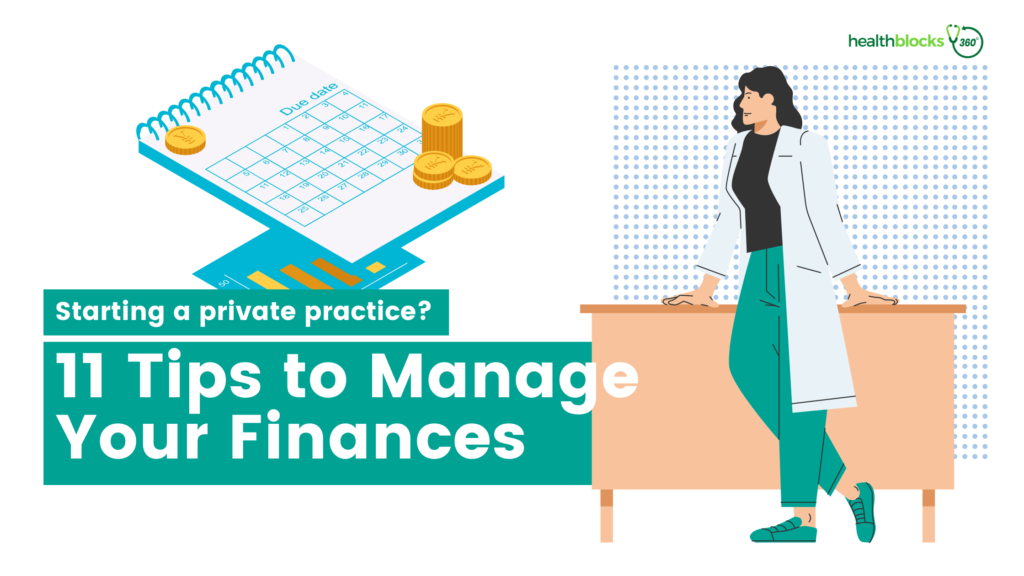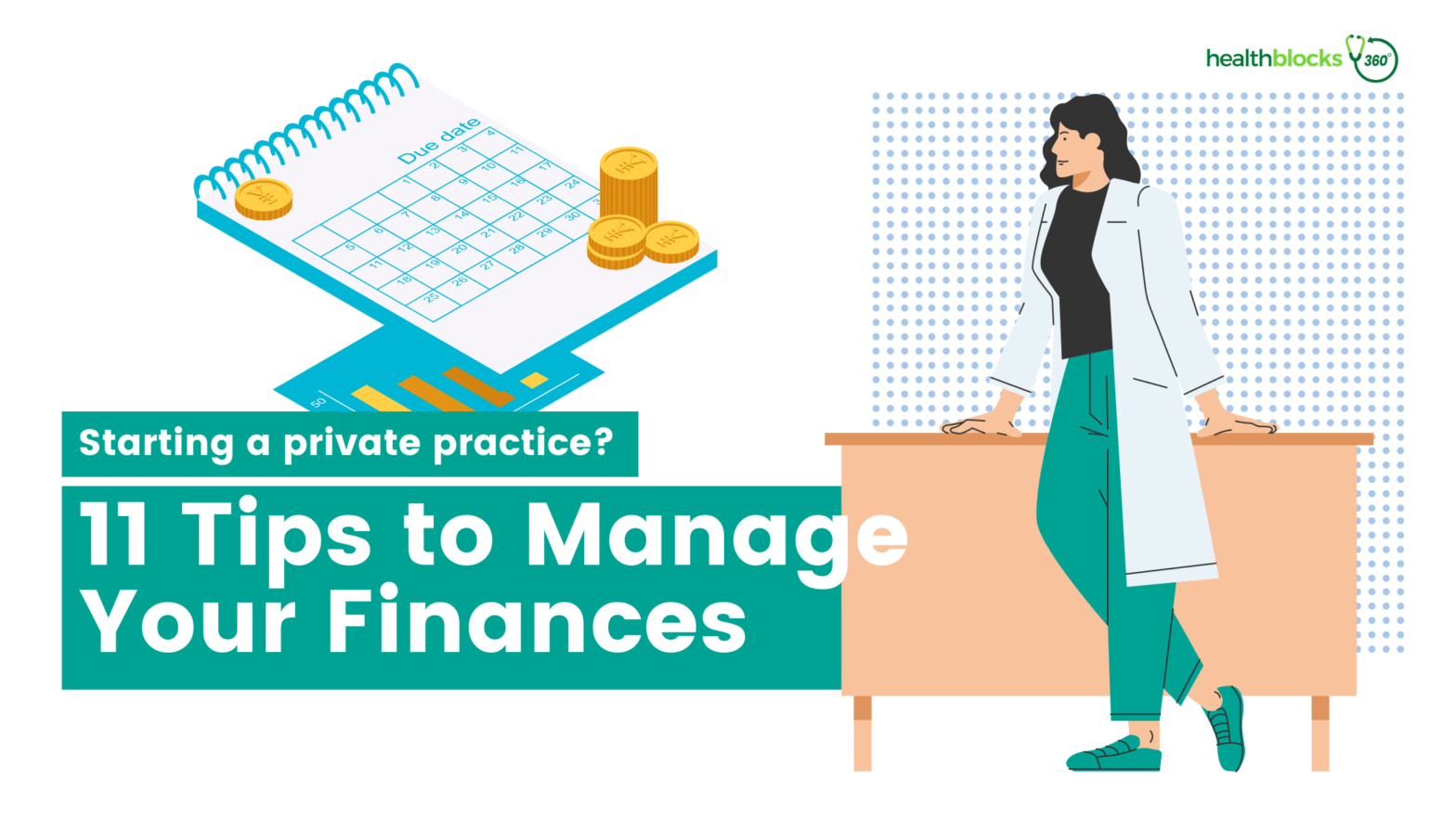
Building your own private medical practice from the ground up is a huge undertaking. You could be a successful practitioner, but when you start your clinic, you also take on the role of entrepreneur. This means medical clinic management, marketing, and of course, finance.
Here are eleven savvy tips in managing your finances when starting a clinic:
- Invest in customer service. Focus on making your daily operations as seamless as possible. Invest in tools that allow you to properly maintain medical records, automate patient appointments, and send prompt reminders so you know how much you’re taking on every day. Also, choose software that provides automatic backup for your files so that you can retrieve them in the event of a system crash.
- Manage your cash flow. You can’t let your business run out of money, so you should have an efficient way of managing your cash flow. This is now easy to do, thanks to income and expenses trackers and reports from online software that allows you to stay on top of finance easily.
- Embrace technology. Automate as many tasks as you can so you can balance your medical practice and the management of the day-to-day operations of your medical clinic. This promotes efficiency and facilitates collaboration within your team for seamless operations.
- Go cashless. Cashless payments are now more important with the pandemic going on. Just like having a proper back up for patient health records, going cashless also means that it’s easier to track your income and fill out your books.
- Know where to spend. Since you’re just starting, you need to put your money where it matters. Keeping your expenses low will allow you to invest in things that will allow you to generate more revenue so that you can pay for the extras in the long run.
- Consider outsourcing. Medical clinic management requires more than just your expertise. But if you’re not ready to hire your own people yet, outsourcing will help you manage finances better without sacrificing the quality of your service to patients.
- Manage your assets and inventory well. As a clinic, you are investing in tools, a clinic system, equipment, and supplies that will hopefully last for many years. To make sure that you don’t have to purchase something repeatedly, invest in your assets and learn how to manage them well through inventories and maintenance.
- Track your inventory. Even if you’re starting out, you will have numerous inventories from consumables such as medicines, PPEs, masks, gloves, and syringes, to office supplies such as pens and papers. These need to be properly accounted for especially expiring medicines. Investing in an effective tracking and inventory system, can reveal hidden expenses or income you may otherwise miss. Receiving automated notifications before medicines expire is also a great way to maximize your inventory.
- Always prepare for rainy days. Even if your service is essential, you will still experience slow days at some point. So, it’s best to prepare your business for situations like this by making sure that you have an emergency savings account for yourself and your business.
- Don’t forget to pay yourself. As a practitioner and owner, you are working hard to serve your patients and run your business. Even if you’re not getting the same pay as you would if you work in a hospital, you should pay yourself so you can take care of personal expenses.
- Know your financial goals. You can’t just give yourself vague goals. Rather, you have to set monthly or weekly revenue goals so you can reach your targets and make adjustments if you need to.
Effective medical clinic management and finance don’t happen overnight. But if you work hard for it, you can run your clinic system smoothly and help it grow over time.

